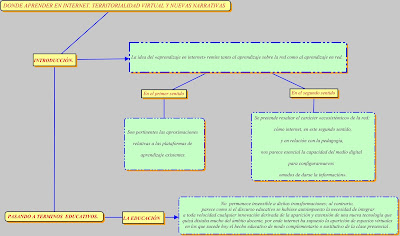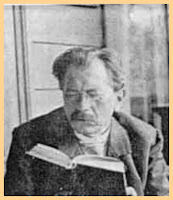DIMENSIONES DE LA EDUCACIÓN
Dimensión Económica
- La economía incide en el desarrollo.
- Incide en la reducción de las desigualdades sociales.
- Los Gobiernos establecen políticas compensatorias con los más desfavorecidos.
- Invertir en la educación es invertir en el futuro de la sociedad.
Dimensión
Moral
- La educación para la libertad y la confianza.
- Ciudadanos con criterios propios y solidarios.
- La educación debe ayudar a las personas a ser capaces de tener ideas propias.
Dimensión
Social
- La educación se considera como una actividad de integración social.
- El papel de la sociedad incide en la educación de los individuos.
Dimensión
Política
- La educación es un bien público fundamental, que debe tener relación con la vida pública en general y con el estado.
- La escolarización es obligatoria, gratuita.
EFECTOS DE LA ACCIÓN
EDUCATIVA
Enseñanza: Hace referencia a la labor
docente. Actualmente se considera que no hay enseñanza si no se produce
aprendizaje.
Presentación sistemática de hechos,
ideas, habilidades y técnicas a los estudiantes.
Aprendizaje: Significa adquirir.
Aprender supone cambios que no se atribuyen solamente al desarrollo biológico.
El aprendizaje es la base de todo proceso educativo.
Adquisición de una nueva conducta en
un individuo a consecuencia de su interacción con el medio externo.
Instrucción: De instruere, que significa
construir. Sería el resultado de la enseñanza-aprendizaje. Hace que el sujeto
adquiera conocimientos de manera organizada.
Capacitación: Adquisición de
conocimientos y técnicas necesarios para ejercer una profesión o una actividad.
Cada vez estamos menos capacitados para realizar de todo pero nos
especializamos en una actividad concreta.
Adiestramiento: Adquisición de habilidades
para el desarrollo de una actividad.
Entrenamiento: Similar al anterior.
Dependiendo del contexto, pueden ser sinónimos.
Formación: Instrucción educativa, optimizadora
del comportamiento. Es un término que puede prestarse a muy distintas
interpretaciones.
Información: Adquisición de datos, de
referencias, de noticias. Puede referirse a estructura organizada del saber.
Adoctrinamiento: También indoctrinamiento.
Transmisión de ideología sin discusión y con presunción de verdad.













































